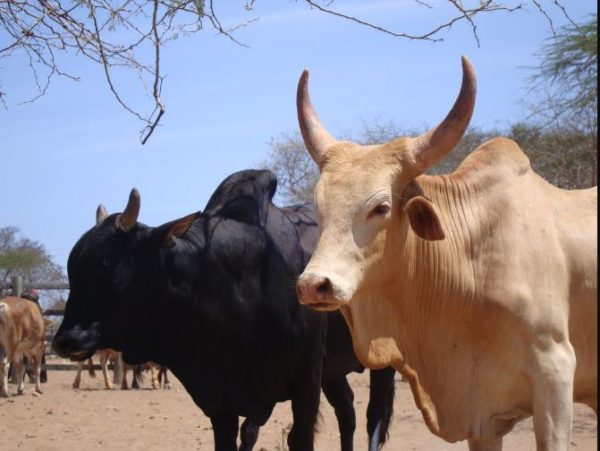The government of Tanzania is calling on farmers to secure insurance of their crops and animals for the sake of avoiding loss that they may incur from different causes including natural calamities.
Deputy Minister for Agriculture Anthony Mavunde made the call and said having insurance for crops and livestock is crucial for development of the agriculture sector since the farms may be affected by various factors that may deny proper harvest.
“We have to continue sensitising farmers and livestock keepers on the importance of securing insurance for their crops and livestock,” he said.
Insurance cover
The National Insurance Corporation (NIC) Public Relations Officer Ephrasia Mawala said the corporation will continue to provide public education of agriculture insurance so that more farmers can take advantage of it in avoiding incurring loss in case of any challenge..
The agriculture insurance covers challenges that may be caused by natural calamities such as drought, floods, earthquake as well as theft of crops that have been stored in warehouses. NIC Agriculture Insurance Coordinator Prosper Peter said during the year 2021/22, the corporation issued compensation, amounting to 241m/- to farmers in Mtwara and Morogoro regions.
“Out of the money, 220m/- was paid to cashew nuts farmers in Mtwara and the remaining 21m/- was paid to maize farmers in Morogoro who were affected by drought. The Corporation also paid compensation for livestock keepers whose cattle died in Muheza and Korogwe districts of Tanga region,” he said.
He mentioned some of the crops that have been insured by NIC, a list has cotton from Simiyu, barley and wheat in Arusha, Manyara and West Kilimanjaro as well as maize and cashew nuts. The minimum premiums for agriculture insurance is 100,000 and while livestock keepers will have to pay between 4 and five percent of the value of each livestock.
“We urge farmers to show up in securing this insurance since it assures them of the profit as well as minimize the risks of incurring loss. It’s crucial to protect farms from possible natural disasters, mostly droughts or floods that will bring a huge loss to farmers,” he said.








